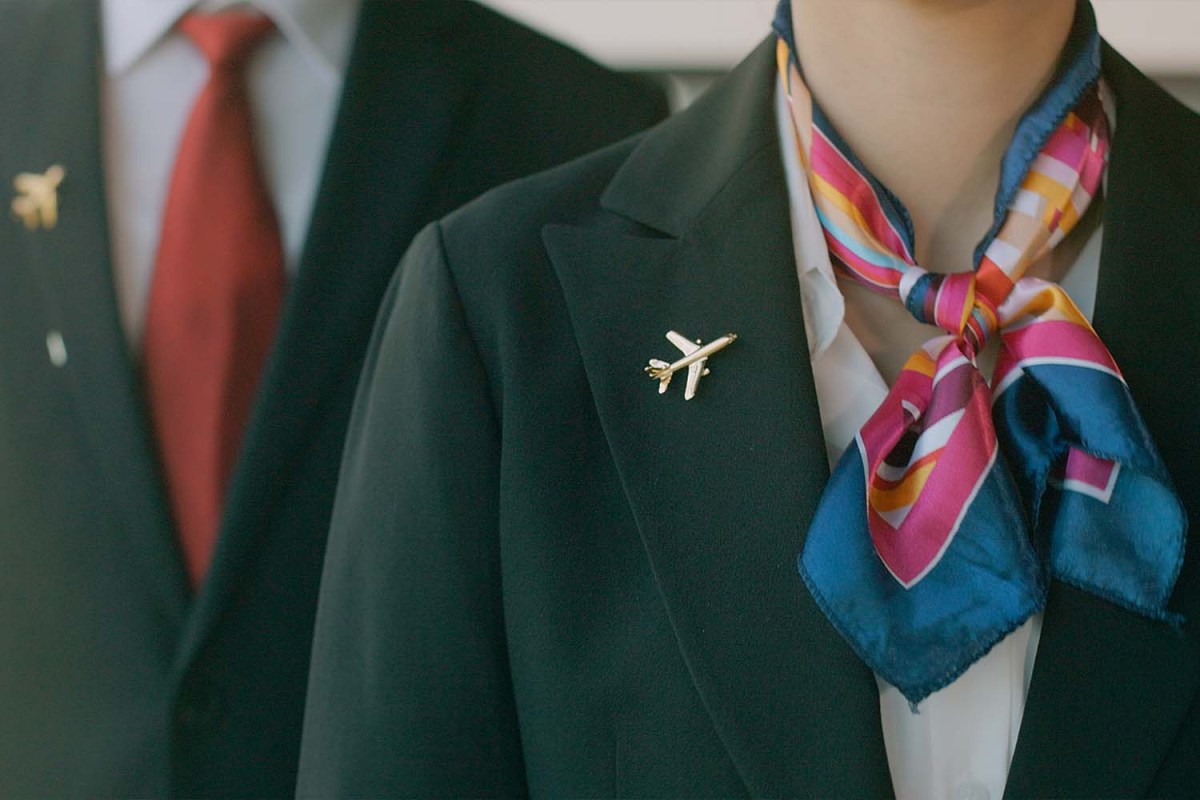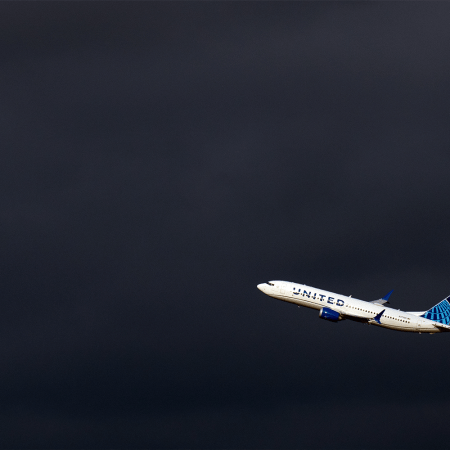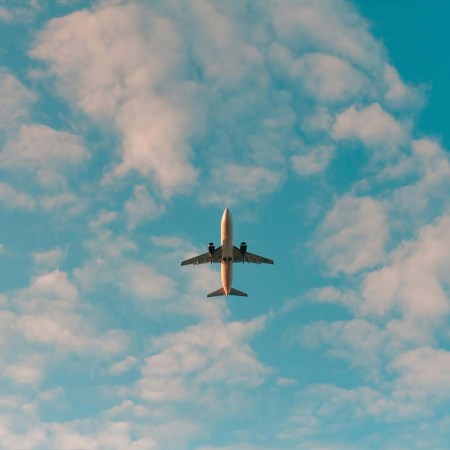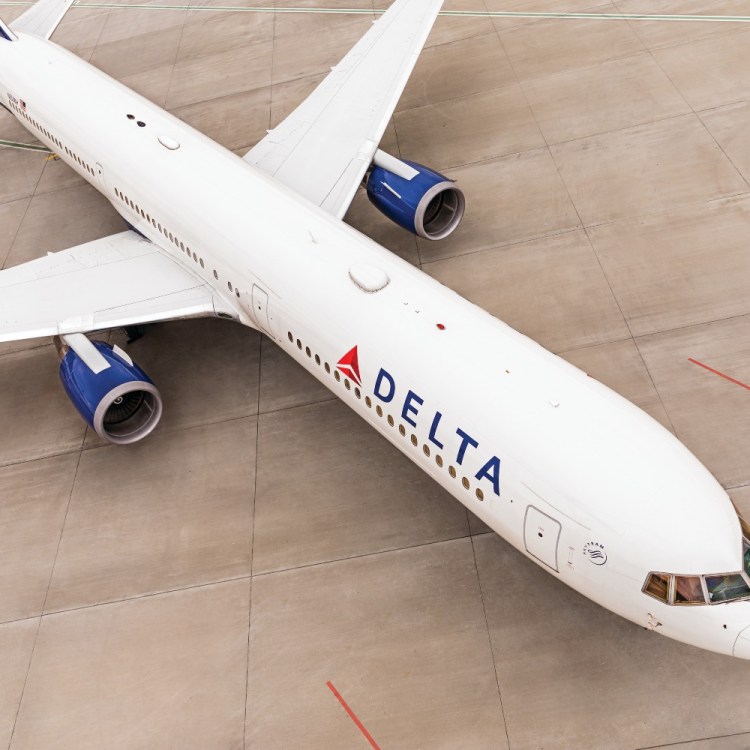On August 2, a passenger on a Delta Air Lines flight grabbed a flight attendant and injured her with a sharp object. It sounds like a one-off, or at least it should be, save for the fact that for the past three years it’s become a fairly regular occurrence when flight attendants are assaulted by passengers. Like most other instances of its kind, however, this one fell victim to the 24-hour news cycle.
According to a 2021 survey, nearly one in five flight attendants had been in a physical altercation with an unruly passenger, and that was just in the first half of the year alone. (One even had their teeth knocked out!) Further, every attempt to dissuade unruly passengers — from memes to the threat of a no-fly list — has fallen flat. Which is why it should come as a surprise to none that flight attendants want to take matters into their own hands (literally).
Per a report from Politico, flight attendants are pushing for legally mandated self-defense training — a benefit they’ve been seeking since 9/11. And, thanks to a provision in a major Senate aviation policy bill, they may soon have it.
It’s not an entirely novel idea — TSA offers a self-defense course for flight attendants and pilots, which was paused due to the pandemic but is now back on. According to the TSA, more than 29,000 flight crew members have taken the training. “From fiscal years 2005 through 2017, annual attendance ranged from about 500 to a maximum of about 1,700 in fiscal 2010,” Politico’s Irie Sentner wrote. “In the 2018 fiscal year, enrollment jumped to nearly 3,000. Enrollment reached records in 2022 and 2023, with more than 4,700 crew members attending the training in fiscal 2023.” The downside is that flight crews were and are responsible for taking the class on their own time and own dime. Some also questioned its effectiveness.
Why Doesn’t Anyone Know How to Act on a Plane Anymore?
In the latest episode of “Why Did This Happen on a Plane,” a Christian evangelist group gives an unsolicited inflight performanceFor its part, the new bill is clear: airlines would be responsible for training flight attendants in “methods to subdue and restrain an active attacker,” as well as defend themselves against “an edged or contact weapon.” (Former iterations of the bill lacked clear-cut vocabulary, though, the idea that this needs to be explicitly stated in 2023 is remarkable given that the 9/11 attacks were initiated with knives and boxcutters.)
But there’s still the cost. “The airlines were always loath to pay for it,” said former Rep. Peter DeFazio (D-Ore.), who chaired the House Transportation Committee until early this year and led its aviation panel in 2001. He added that airline resistance to paid self-defense training is “irresponsible” and that “giving the training — particularly given the uptick of incidents — could be very useful and potentially avoid an incident at some point that could be catastrophic.”
Which begs the question: what more, in terms of catastrophic events, are we expected to endure? Is a flight attendant nearly being stabbed not enough to warrant a serious investment in training? Frankly, as a frequent flier myself, there’s nothing that would give me more joy than seeing an unruly and potentially dangerous passenger yoked up by a flight attendant.
Thanks for reading InsideHook. Sign up for our daily newsletter and be in the know.



















